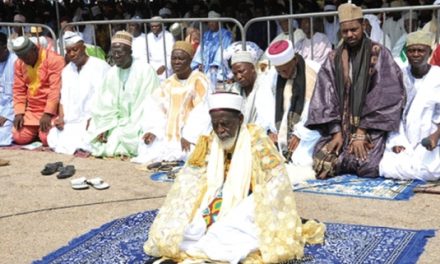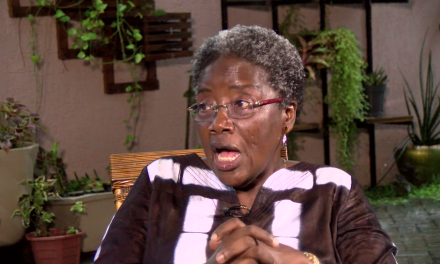
Witchcraft Bill Yet To Receive Assent3 min read


So, technically, there is no such law which makes it an offence to refer to someone as a witch.
The Minority, championed by the MP for Tamale South, Haruna Iddrisu, maintained that the failure of the President to assent to the bill constituted a constitutional breach which should not be countenanced.
Article 106 (7) (8) (9) (10) state: “Where a bill passed by Parliament is presented to the President for assent, he shall signify, within seven days after he refuses to assent to the bill, unless the bill has been referred by the President to the Council of State under Article 90 of this Constitution.
“Where the President refuses to assent to a bill, he shall, within 14 days after the refusal – (a) state in a memorandum to the Speaker any specific provisions of the bill which in his opinion should be reconsidered by Parliament, including his recommendations for amendments, if any; or (b) inform the Speaker that he has referred the bill to the Council of State for consideration and comment under Article 90 of this Constitution.
“Parliament shall reconsider a bill taking into account the comments made by the President or the Council of State, as the case may be, under clause (8) of this article. (10) Where a bill reconsidered under clause (9) of this article is passed by Parliament by a resolution supported by the votes of not less than two-thirds of all the members of Parliament, the President shall assent to it within 30 days after passing of the resolution.”
Current state
However, the President has not offered any official explanation yet, raising eyebrows of members from the Minority side.
In the ensuing debate, the Majority Leader, Osei Kyei-Mensah-Bonsu, jumped to the defence of the President by saying that he (the President) had noticed some technical challenges in the bill and had arranged to meet with the Speaker to iron them out before passing it into law.
Speaker
The Speaker, Alban Kingsford Sumana Bagbin, noticed yesterday that the bill, even though it had been passed by the House, had found its way back into the Order Paper for consideration.
He, subsequently, ordered that it be taken out of the Order Paper immediately.
The Speaker said Parliament was a serious organ and must therefore be taken seriously.
The Bill
The Bill sought to explicitly criminalise the practice of witchcraft accusation and proscribe the declaration, accusation, naming or labelling of another person as a witch, and its related matters.
The object of the bill is to amend the Criminal Offences Act, 1960 (Act 29), to prohibit the practice by any person as a witch doctor or witch finder.
It formed part of the broad policy measures to deal with attacks and human rights violations arising out of witchcraft accusations.
Unanimous support
During the debate that preceded the third reading of the bill, all the Members of Parliament, who took part in the debate, unanimously called for the criminalisation of all witchcraft activities and accusation of witchcraft, as well as the abolition of all witch camps in the country.
Initiative
The bill was laid in Parliament on March 31, 2023, by the Member of Parliament (MP) for Madina, Francis-Xavier Sosu, on behalf of other co-sponsors.
They were Mr Sosu, MP for Pusiga, Hajia Laadi Ayii Ayamba; MP for Wa East, Dr Godfred Seidu Jasaw; MP for Krachi, Helen Adjoa Ntoso, and MP for Afram Plains North, Betty Nana Efua Krosbi Mensah.


















